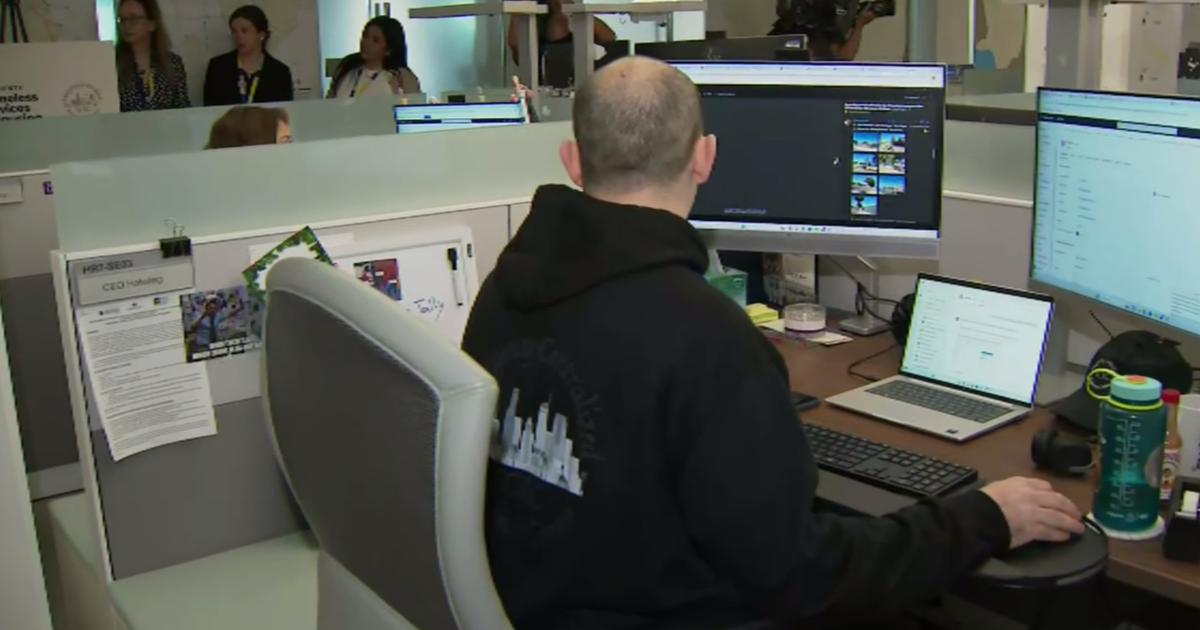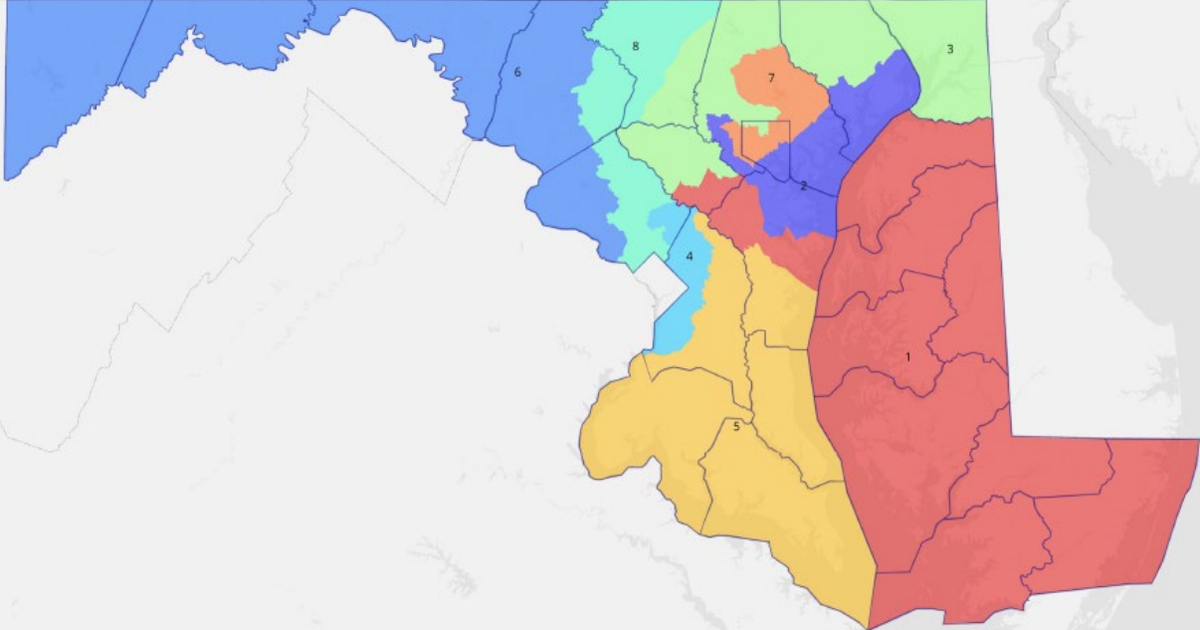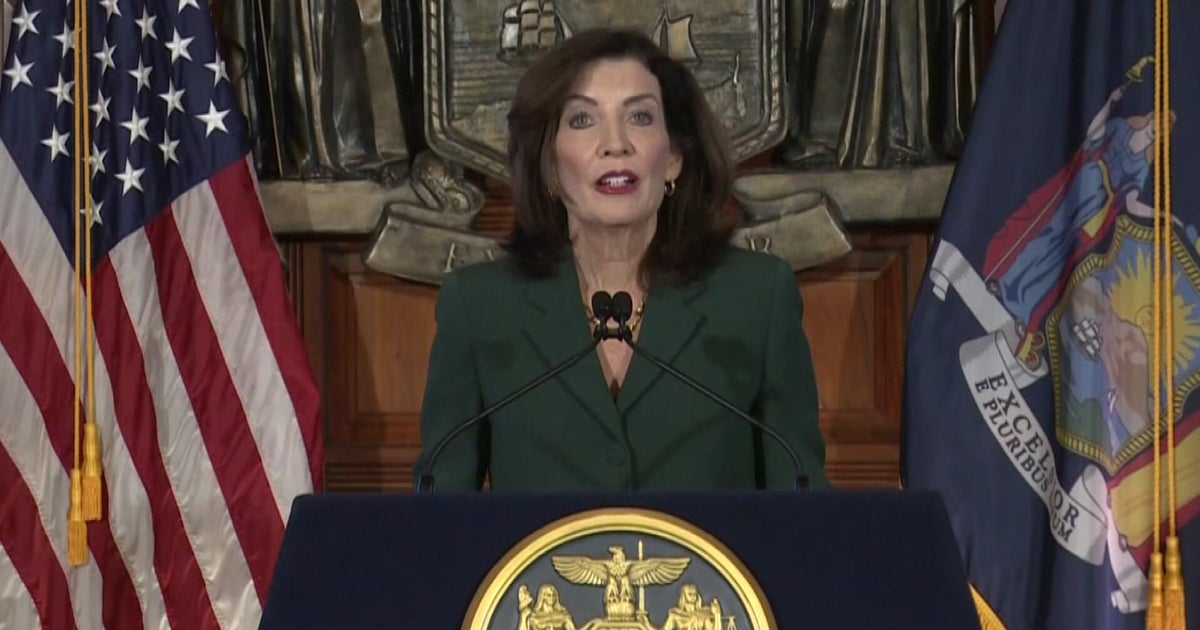Early Election Results Indicate Victory For SF's Prop C, Other Measures
SAN FRANCISCO (CBS SF) -- Proposition C, which would tax San Francisco's wealthiest companies to provide funds for housing and rehabilitating the city's homeless population, appears To have passed in Tuesday's election.
According to preliminary results, 124,365 voters, or 59.87 percent, agreed to the tax, while 83,353, or 40.13 percent, said no.
RELATED:
- Mayor Breed, Salesforce CEO On Opposite Ends For Prop C
- Salesforce CEO Gives $2 Mil. Supporting Prop C
The hotly contested measure aims to alleviate the city's homeless crisis but was opposed by Mayor London Breed, state Sen. Scott Weiner, and Assemblymember David Chiu.
Proposition C would tax San Francisco companies that gross more than $50 million, collecting between $250 to $300 million annually.
From those funds, 50 percent, or about $150 million, would go toward housing and 25 percent, or about $75 million, toward mental health and substance abuse services. The rest of the funds would go toward homelessness prevention and providing more shelter beds.
Although Breed said in a statement last month that "Proposition C sounds appealing," she argued that its lacks fiscal oversight, although part of its plan requires an oversight committee.
Salesforce CEO Marc Benioff was a major proponent of the measure. He donated $8 million in personal and corporate contributions and personally campaigned for the measure to pass.
The proposition also had the support of several elected officials, including U.S. House Minority Leader Nancy Pelosi, Rep. Jackie Speier, D-San Mateo, Assemblymember Phil Ting, D-San Francisco, Public Defender Jeff Adachi and San Francisco Supervisors Vallie Brown, Hillary Ronen, Aaron Peskin, Norman Yee, Rafael Mandelman, Sandra Lee Fewer and Jane
Kim.
In the months leading up to the election, Twitter CEO Jack Dorsey blasted the measure, complaining that his smaller companies, Square and Stripe, "would be taxed at a significantly larger total contribution than much larger companies like Salesforce."
According to the No on Proposition C campaign, the proposition needed two-thirds voter approval for the funding and is facing pending legal challenges.
"From day one, both sides knew that two-thirds voter support was necessary because of pending litigation from this year's June primary election," No on C spokesman Jess Montejano said in a statement. "Proposition C was full of empty promises from the start."
In other San Francisco measures, Proposition A, which would allow the city to issue $425 million in bonds to strengthen the city's 100-year-old 3-mile seawall, appears heading to victory Tuesday night, according to preliminary election results. More than 81 percent of voters approved the bond, early numbers indicated.
Also, Proposition B, which would provide guidelines for supervisors to address the collection, storage, sharing and use of personal information, appears to have narrowly passed, with 56.79 percent of voters for it.
Proposition D, which would impose a tax on new cannabis businesses and cannabis business that don't have a physical presence in the city, also appears to have passed, with yes votes accounting for 65 percent, according to early results.
Finally, Proposition E also appears to have passed, with yes garnering 74 percent of the votes. The measure would put a 1.5 percent of funds raised by a hotel tax toward arts and cultural purposes, including supporting non-profit cultural organizations and community cultural centers.







